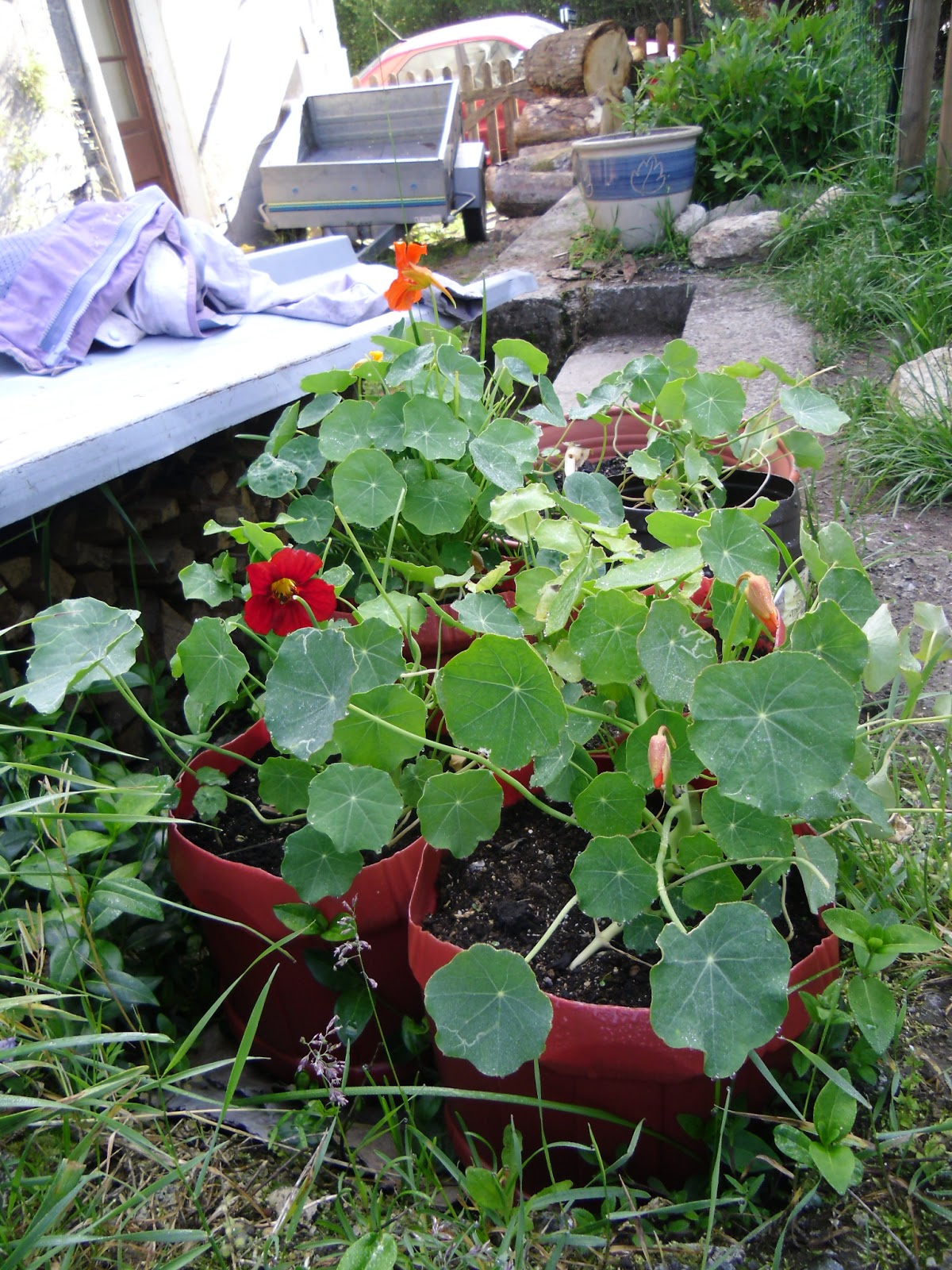This blog is inspired by several conversations we’ve had
about keeping rabbits for food. Also by an excellent post in a new found blog http://lifeonpigrow.blogspot.fr/
where their most recent post talks about the reality of self sufficient living
and how so many give it up. I was going to keep ranting off this blog but I
have a feeling it will become one, so apologies! Those of you who know me will
probably expect nothing less!
Western society is becoming increasing detached from the
realities of food production. Be it super farms in East Anglia or poultry
factories across the world. Although this has be highlighted and made fashionable
by TV at the moment (Not that that is a bad thing, the seeds of interest were
sown for us by the likes of River Cottage and Jimmy’s Farm) but as the life on
pig row guys talk about, this lifestyle has become a bit of a fashion statement
rather than a actual lifestyle choice. For me personified by the sort of person
who; eats in a”green” cafe on a Friday lunchtime, feeds their kids organic
yoghurt and grows some “toms” in the
garden but drives around in a 4x4, shops at the big blue and white supermarket
and works for BP, who then will lecture
you about how it’s cruel to keep animals for meat. I’m not going to rant too much (the
other blog is for that!) and I don’t want to repeat what the other guys have
already put in their blog, so go on over to it to see what they think. However
when it actually comes to the nitty gritty of producing your own food
everything else gets in the way. I think that we (Western society) need to get
back to the reality of food production, crops, dairy and meat. Even if you don’t
do it, we should make ourselves much more aware of what goes into it. I'm also not saying we are perfect. It's just something to think about. We give it a lot of thought and try our hardest.
 |
| Mum |
 |
| Dad |
Rabbits. We keep them to eat. Yes baby bunnies are cute. It’s
great fun to watch them hopping around on the grass in their run (A revelation
over here!) and it’s really good to watch them grow up, sex them, make them new
runs and so on. But ultimately they are destined for the table.
 |
| Day old |
 |
| Exploring |
To us this is a thousand times better than buying a cellophane wrapped chicken from the supermarket. Even the free range labelled ones don’t get as much space and interaction as we give our livestock.
 |
| Saying hello |
As far as dispatch is concerned, no stuffing into wagons to drive miles and miles to be killed in a factory line style operation. A nice cuddle to the house, keep them calm and kill as quickly and painlessly as possible. (I use neck dislocation which is regarded as the most humane). Afterwards we use as much of the animal as possible with only the head, gall bladder and reproductive organs going in the bin.
As I see it I’ve killed that animal so I can eat it so to not use as
much as possible is a waste of a life. Many would argue that being a veggie is
better morally. But I’m not one, so I need my meat to come from somewhere. We do buy some meat from the supermarket as we're not fully up and running yet. We
are very lucky here that the supermarkets sell very local beef and even give
the address of the farm on the counter, how many English supermarket butchers
can tell you the field that cow grew up in? The abattoirs are all in the region as well. Other than the beef we are hoping
to be pretty much completely self sufficient in meat by this time next year.
Goats are on the way this summer for milk and the babies will again be for the
table. This means that, yes, we have to deal with the killing bit. Perhaps if
more people were involved, or at least aware, because not everyone has time and space, in
the rearing and dispatching of the meat on their table then the respect
afforded to livestock would be higher.




















